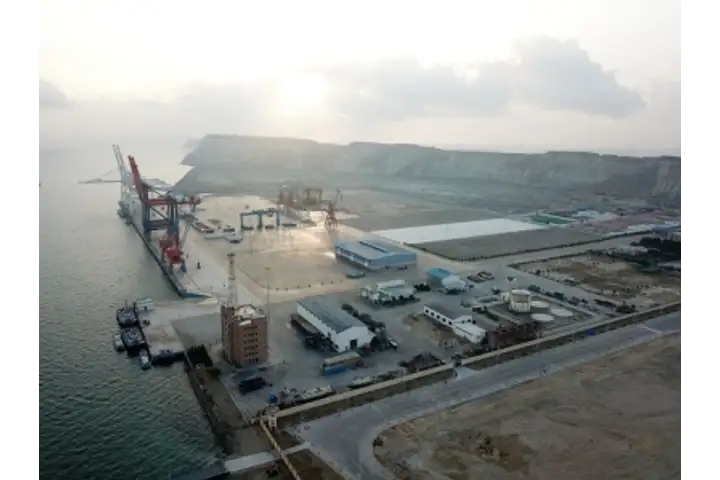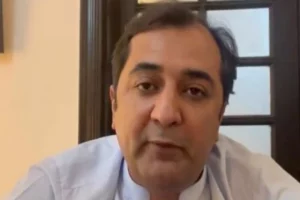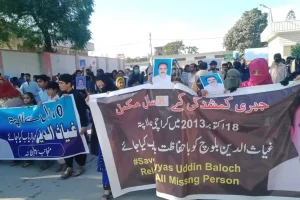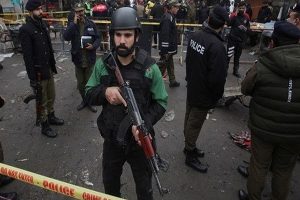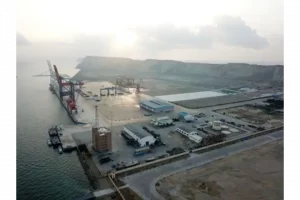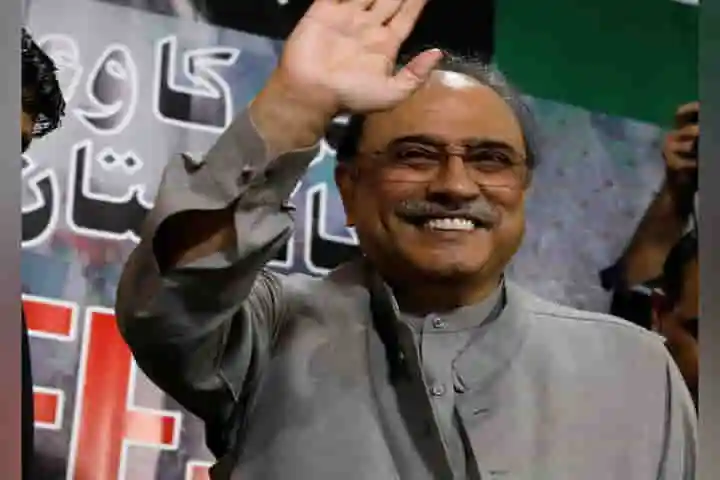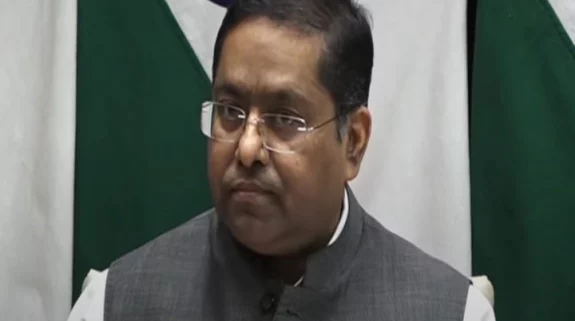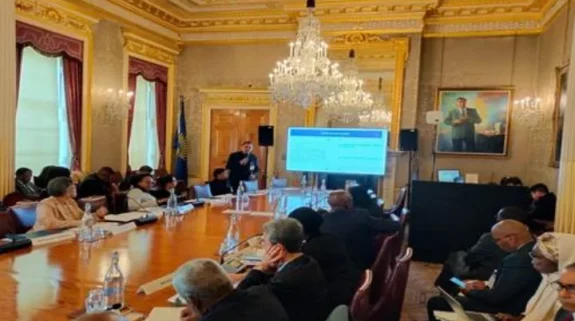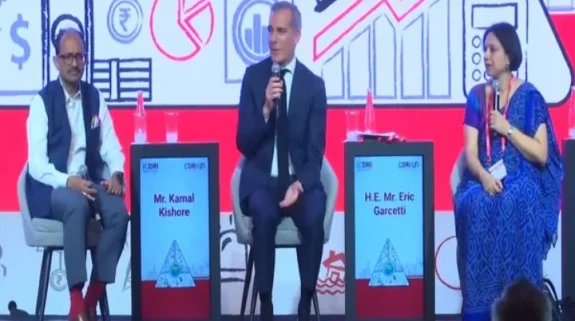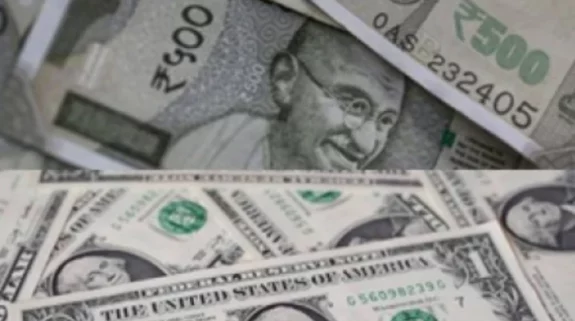Pakistan’s rising political instability will have an impact on the China-Pakistan Economic Corridor (CPEC). After massive investments, Beijing, which is closely watching the developments in Pakistan, may halt construction of the second phase of the $62 billion CPEC project.
As many as 19 companies had evinced interest in the construction of the second phase of CPEC. But with the political conundrum, these companies may not go ahead with the project.
“Pakistan’s political instability has sparked concern from close ally China, which has poured more than US$25 billion of investments in the China-Pakistan Economic Corridor in the past few years,” the South China Morning Post said.
Earlier this year, Pakistan signed a new agreement with China with the aim to kick off the second phase of the CPEC.
Sectors including textile, agriculture, pharmaceutical, information technology, automotive industry, footwear, furniture were slated to be the focus under CPEC phase 2.
Setting up of a petrochemical complex at Gwadar was one of the key projects.
According to Business Recorder, a key official of CPEC said, “All 19 Chinese companies were ready to invest billions of dollars in the identified sectors but they have shelved their plans due to current political insecurity in the country, which is not in favour of the country.”
Meanwhile, replying to a question on whether the political instability in Pakistan impact Beijing-Islamabad relations, Chinese foreign ministry spokesperson Wang Wenbin said that China hopes that all parties in Pakistan can maintain solidarity and jointly uphold development and stability.
“China always follows the principle of non-interference in other countries’ internal affairs. As Pakistan’s all-weather strategic cooperative partner and friendly neighbour, China sincerely hopes that all parties in Pakistan can maintain solidarity and jointly uphold development and stability,” he said at the regular press conference held by the foreign ministry.
That apart, the political instability may impact Islamabad’s ability to repay its external debts. This year, Islamabad’s gross external financing requirement is estimated at around $30 billion. Data released by the State Bank of Pakistan showed that in the first half of the ongoing financial year, the country’s
Pakistan’s external debt surged to $130632 million by the end of December 2021. In the July to September quarter it was $127023 million.
Also read: Will IMF continue its assistance to Pakistan amid deepening political crisis?
While Pakistan received $1 billion grant assistance from the International Monetary Fund under its $6 billion Extended Fund Facility (EFF), doubts have emerged over the programme. While in 2019, IMF agreed for a bailout package, it halted assistance in January 2020, after Pakistan Prime Minister Imran Khan refused to increase electricity tariff and impose additional taxes as prescribed by the multilateral agency.
However, the PTI government in January finally passed the Supplementary Finance Budget — touted as a mini- budget — increasing tax rates for many items as prescribed by the IMF.






